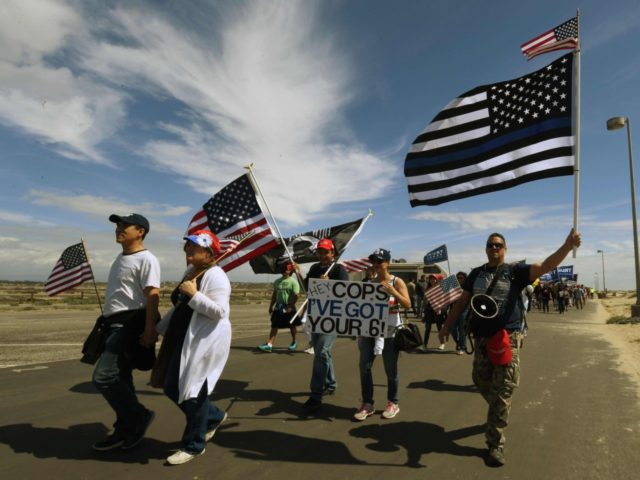The City of Huntington Beach, California has vowed to fight an effort by left-wing attorney Kevin Shenkman to force it to abandon an at-large system of voting in favor of a district system.
Shenkman has waged a campaign against dozens of cities in Southern California for the past several years, using a law called the California Voting Rights Act (CVRA) to challenge at-large election systems as racist. Most cities have capitulated in recent years.
The CVRA allows plaintiffs to “prove” that white voters vote as a racial bloc to exclude minority candidates simply by claiming that a minority candidate might have won but for the fact of being outvoted by the racial majority. The burden of proof is very low. In addition, the law allows successful plaintiffs to recover costs from the cities they sue, if they win — but cities are not allowed to recover their own legal costs from plaintiffs if they prevail in court.
In 2012, the City of Palmdale, in Los Angeles County, fought Shenkman in court, and ultimately was forced to pay $4.5 million in a settlement. That experience has been enough to scare many other municipalities away from a fight.
But Huntington Beach, located in Orange County, has become the second city in recent months to fight Shankman. The other is liberal Santa Monica, which Shankman alleges has a voting system that discriminates against Latinos, even though the current mayor is Hispanic.
The Orange County Register reports:
“We are prepared to vigorously defend any lawsuit,” City Attorney Michael Gates wrote in a May 18 response to the letter’s claim the city’s elections were “racially polarizing, resulting in minority vote dilution.”
…
Gates refuted the notion that the city’s elections create a “racially polarized” process. Gates noted Thursday he had received unanimous backing from the mayor and City Council in closed session and was prepared to defend the city on an array of fronts, ranging from the city’s demographic diversity to the constitutionality of the voting act as applied to Huntington Beach.
…
Beyond factual disagreements, Gates said “there are also legal arguments where we believe the (voting rights act) has vulnerabilities, and past cases have even discussed that.”
The CVRA was once declared unconstitutional by a state court, but that decision was overturned on appeal.
Since then, the Supreme Court has invalidated part of the Voting Rights Act of 1965 on the grounds that evidence of racial discrimination must be shown in order to justify federal “preclearance” of voting changes in certain states.
Photo: file

COMMENTS
Please let us know if you're having issues with commenting.